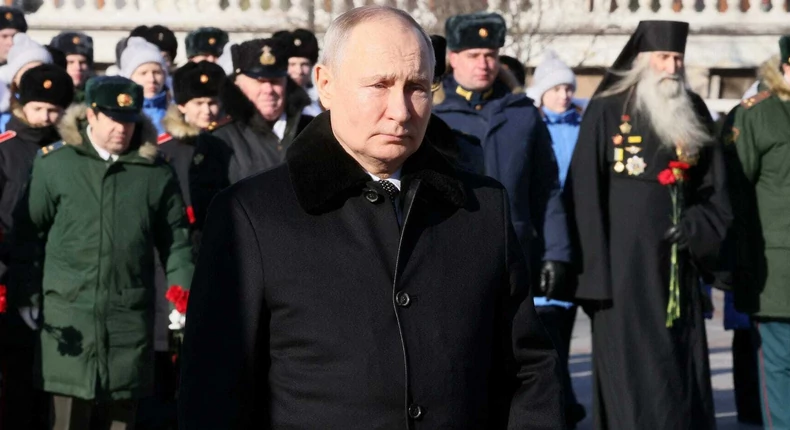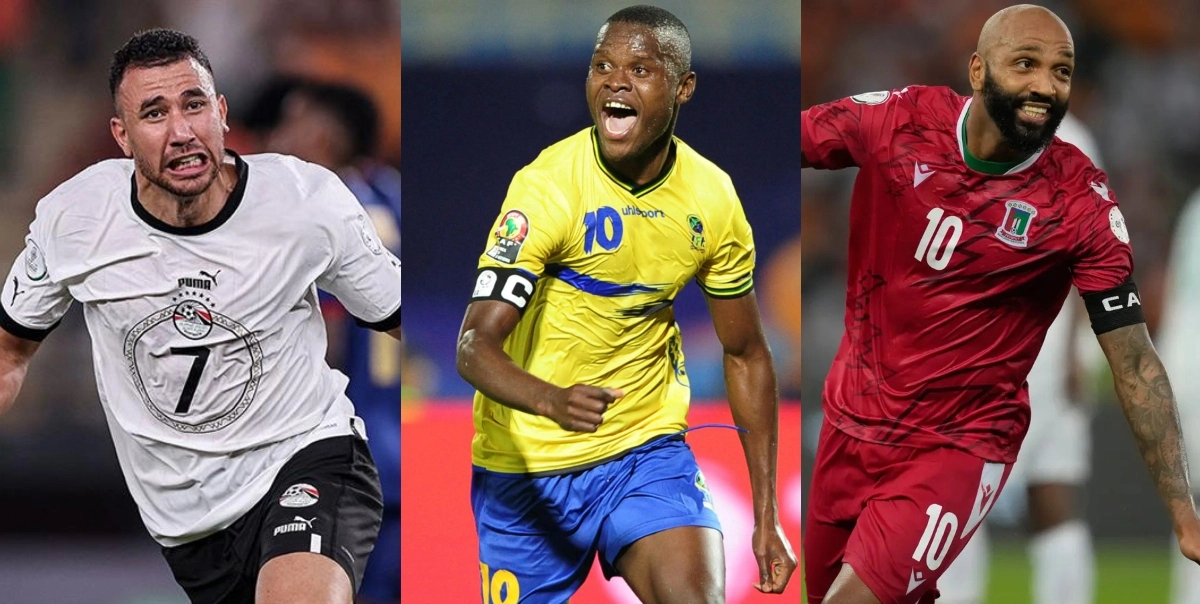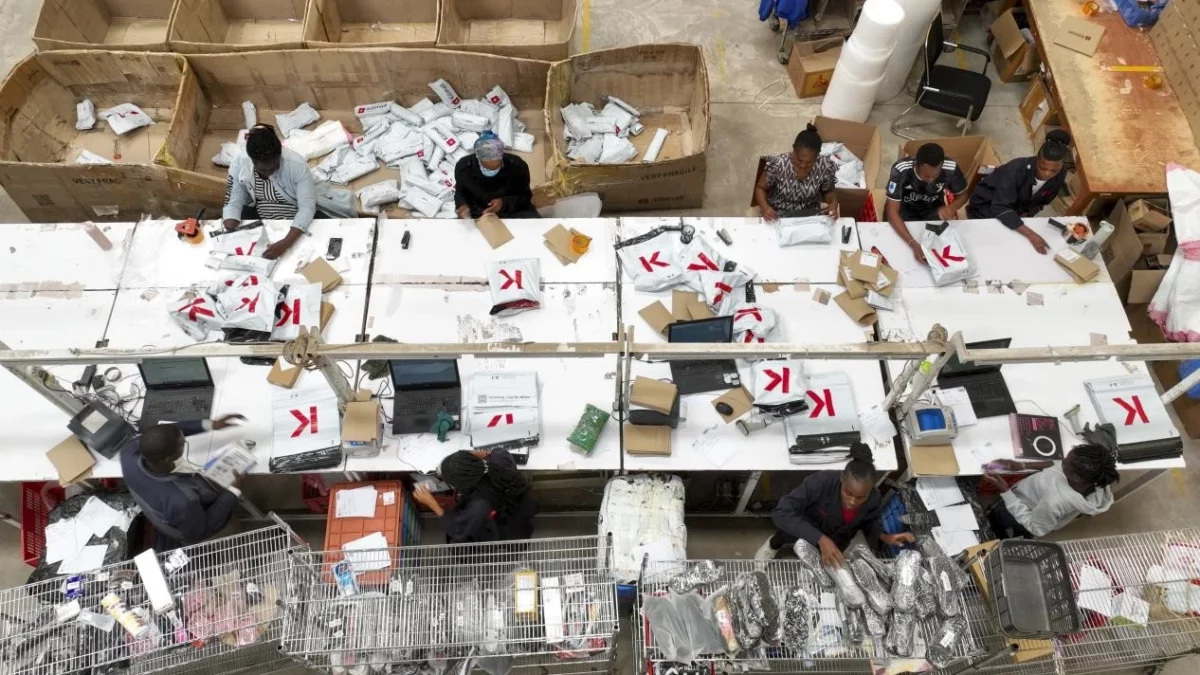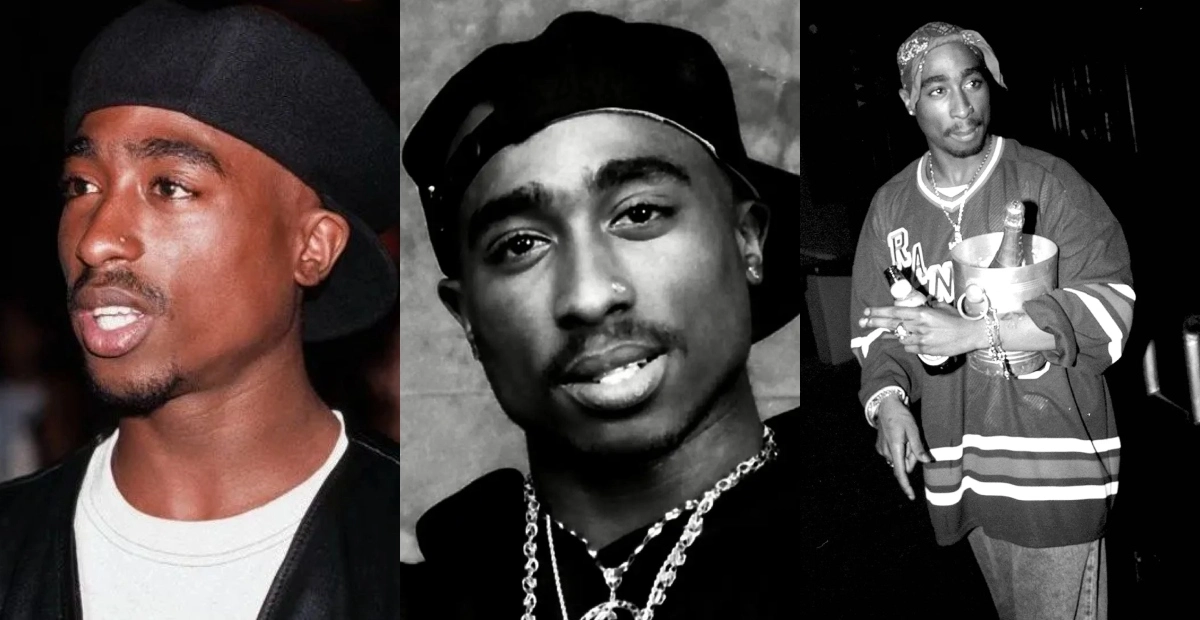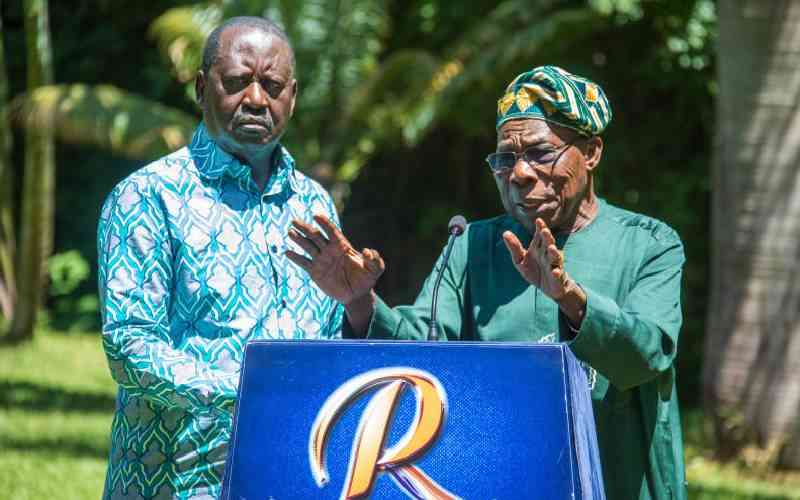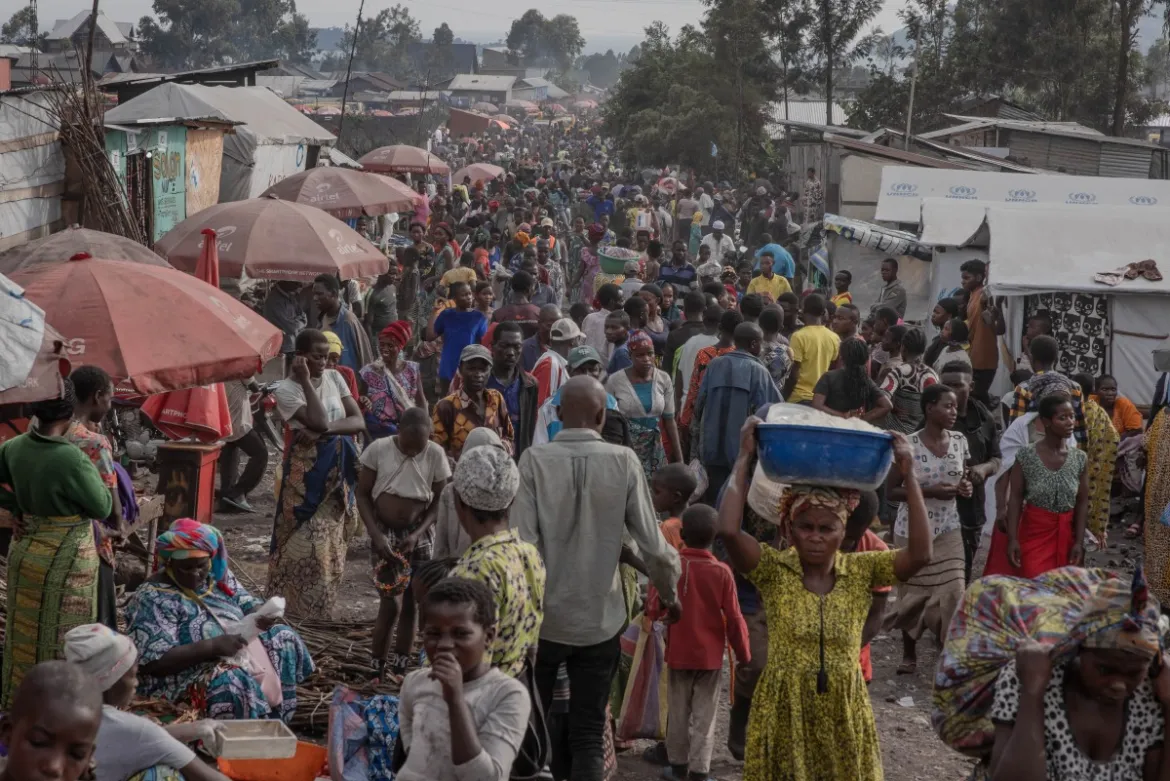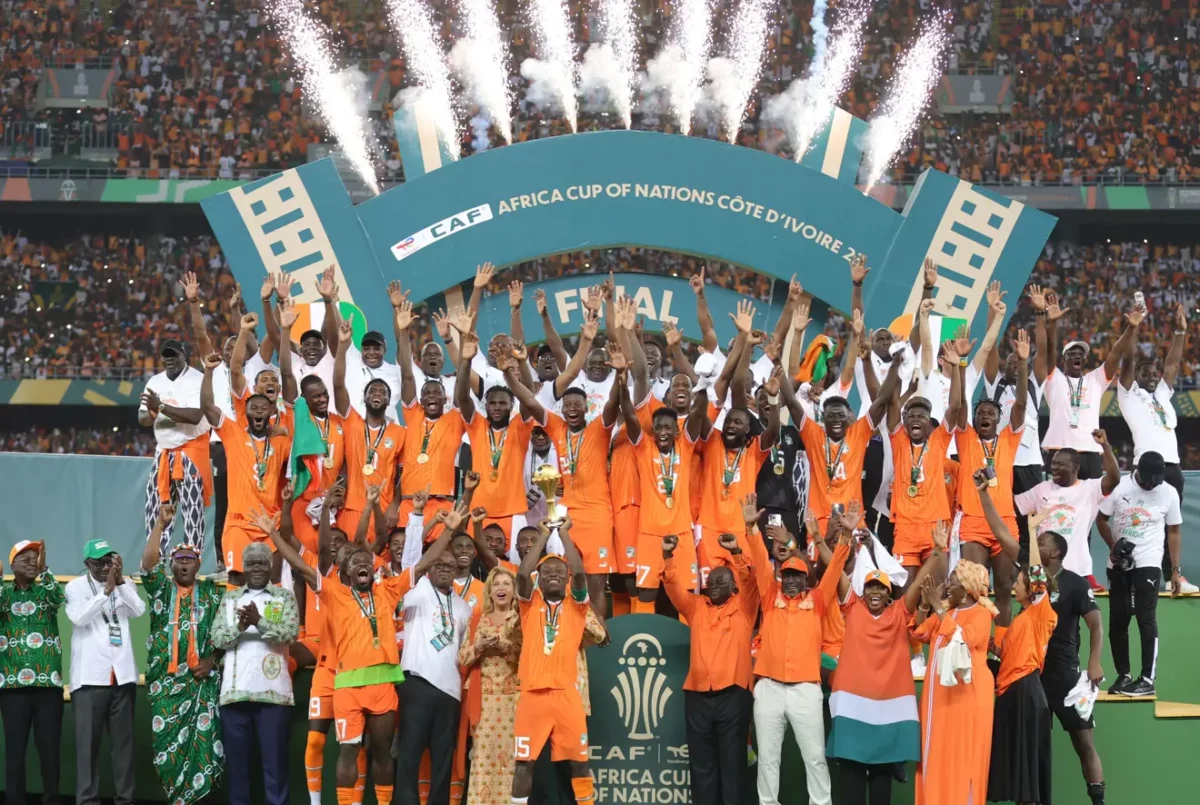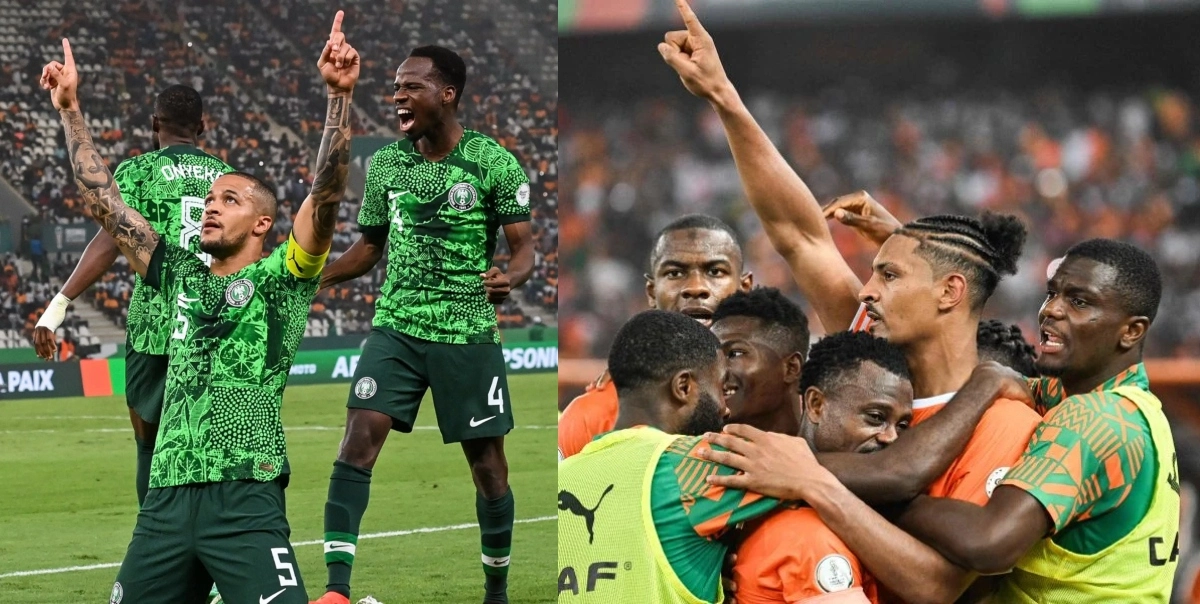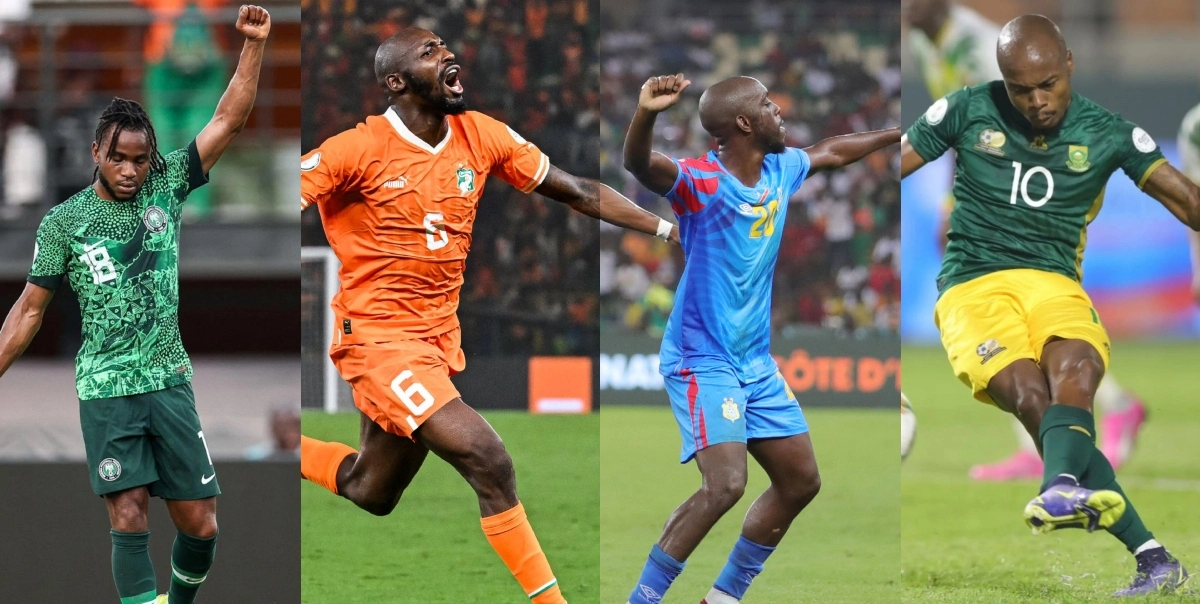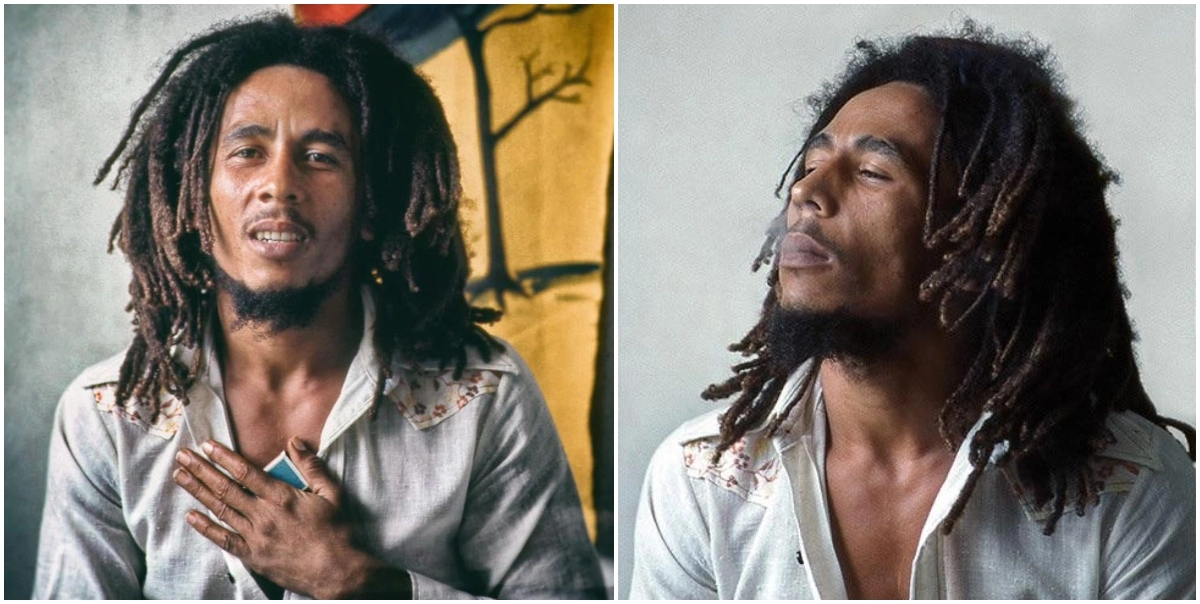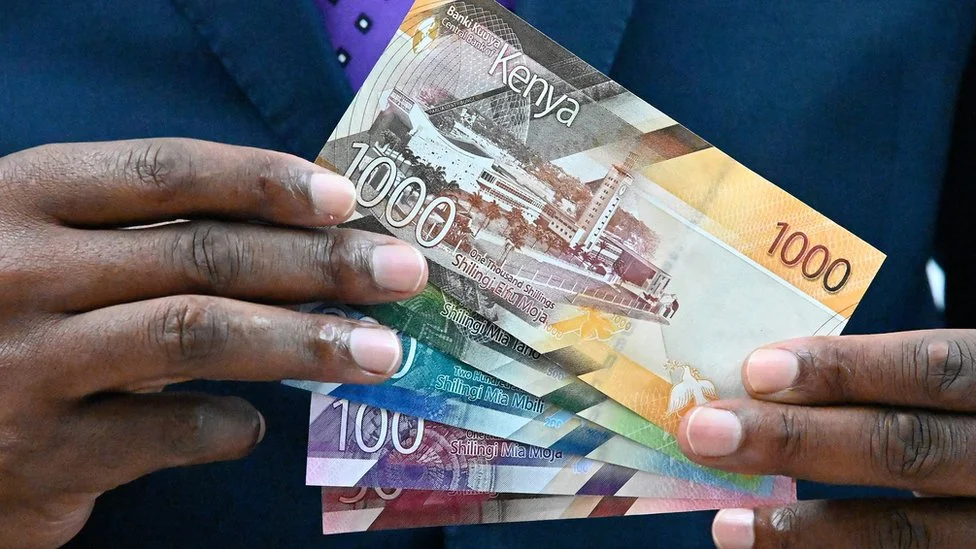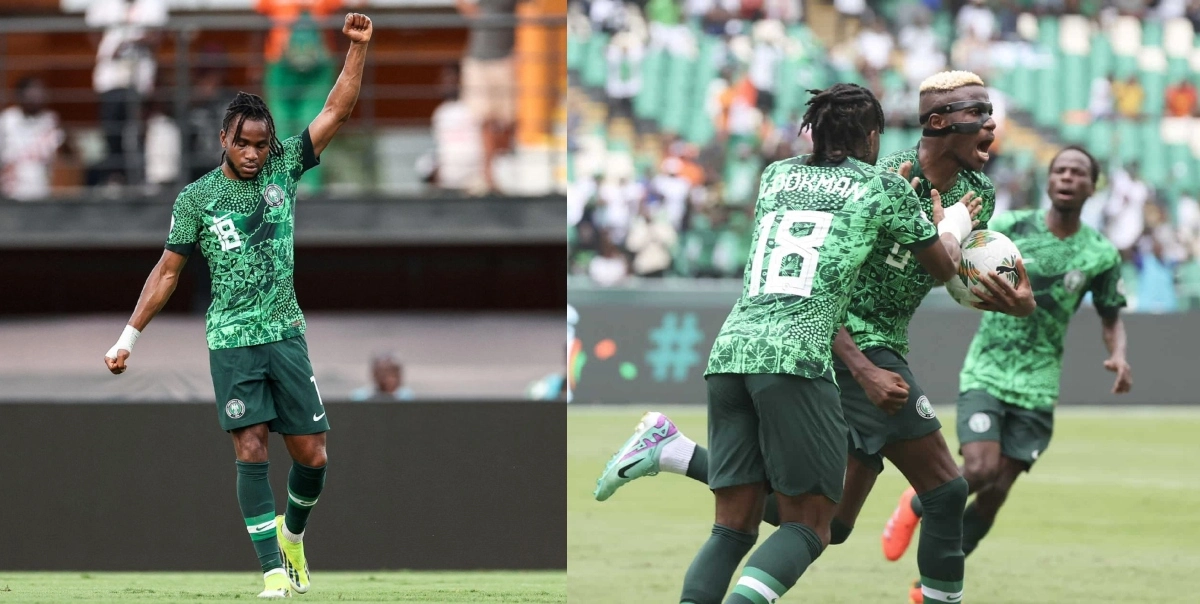February 24, 2022, Russia launched a full-scale invasion of Ukraine, sparking a brutal battle that continues to ravage the region. Experts have analyzed the motives behind President Vladimir Putin‘s decision, shedding light on Russia’s historical perspective and recent geopolitical shifts. Putin’s public explanations for the invasion have been varied, and their alignment with reality has been called into question.
Putin has consistently referred to Ukraine as Russian, dismissing its independent nation status. This viewpoint stems from the historical connection between the two countries, as Ukraine was part of the Soviet Union before gaining independence in 1991. Stephen Hall, a Russian politics expert, explains that many Russians share this perspective.
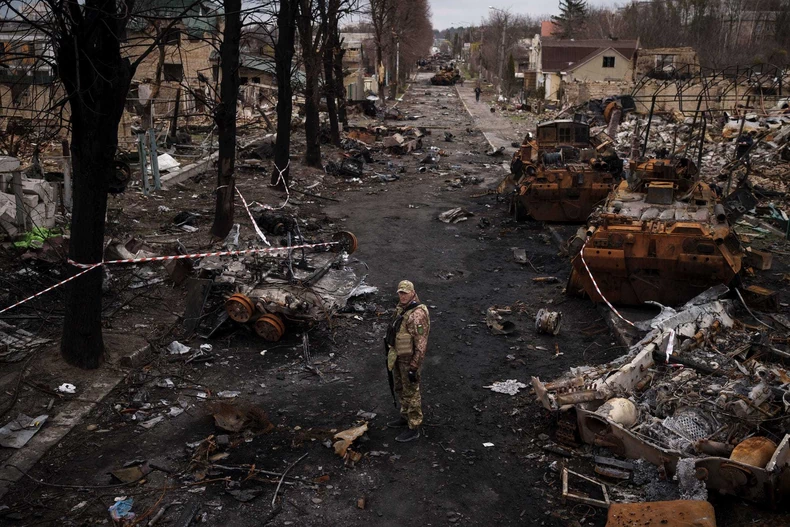
Russians view Ukraine as a part of them
For Putin, the Ukrainian capital Kyiv holds significant cultural and historical importance as the “mother of Russian cities.” Claiming Ukraine reinforces Russia’s argument as a great power with a millennia-long history, as Kyiv predates Moscow by centuries.
Russia places particular importance on Ukraine among the former Soviet Union countries, as it considers Ukrainians and Russians to be part of a shared Slavic Brotherhood. While Belarus already acts as a Russian puppet state, Ukraine has increasingly aligned itself with the West, making it a more compelling target.
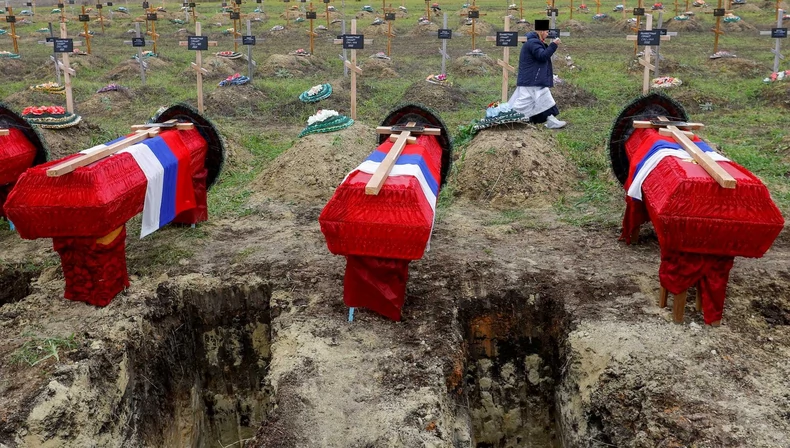
Additionally, Ukraine’s historical ties and contributions to Russia’s economic strength further emphasize its significance. Thomas Graham, a former US presidential advisor on Russia, highlights that Ukraine has long played a vital role in Russia’s economic growth, particularly through its supply of coal, steel, and iron.
Putin’s Blame Game on the West:
Putin has consistently blamed the West, particularly NATO’s expansion into Eastern Europe, as the catalyst for Russia’s actions. Putin argues that Russia has the right to rule Ukraine, viewing Russians and Ukrainians as one people separated by the Soviet Union’s collapse.
Read also: Jacob Zuma: NATO Expansion Fuels Russia And Ukraine Conflict
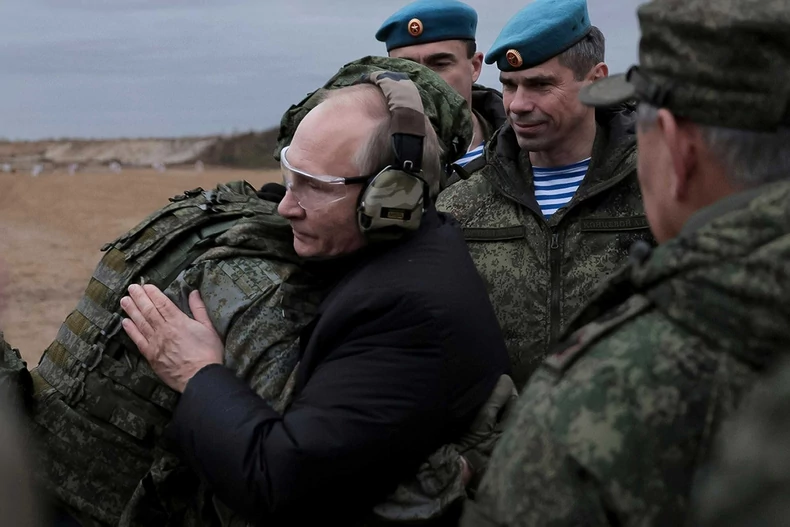
However, experts argue that NATO’s expansion is often driven by perceived external threats, which often come from Russia. The idea that NATO poses a threat to Russia is a crucial aspect of Russian propaganda. It is worth noting that NATO had not added any new members since 2004 until Finland’s recent accession, and the US had even reduced its armed forces in Europe prior to Russia’s aggression in 2014.
The ‘Nazis’ Narrative:
Putin frequently claims that Ukraine is controlled by “Nazis” and presents Russia’s intervention as a necessary measure to counter them.
However, there is no evidence to support this claim, given that Ukraine has a Jewish president, Volodymyr Zelenskyy, and lacks any indication of Nazi influence in its leadership. Experts explain that Russia’s perception of Nazism differs from the Western understanding, with Russia equating Nazism to Russophobia.
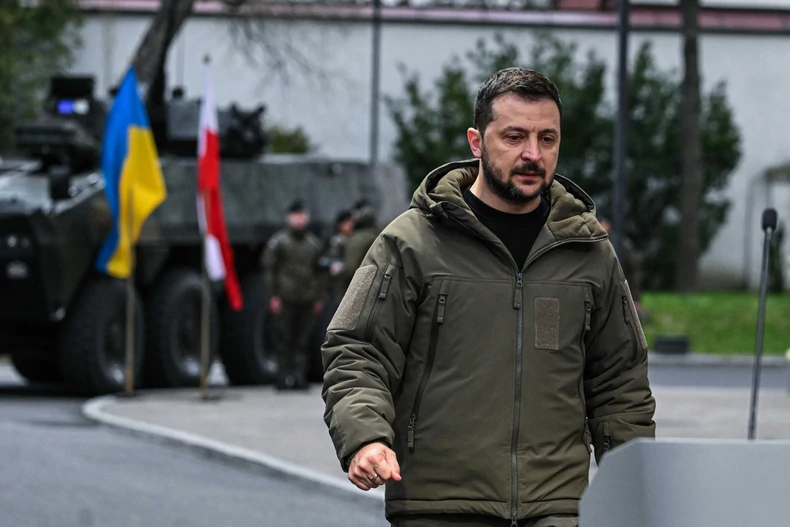
By promoting the idea of Ukrainian Nazis, Putin aims to gain support, particularly in the West where concerns about Ukraine’s alleged Nazi problem may resonate.
Several reasons have been put forth to explain why the invasion occurred in February 2022. Firstly, Putin believed he could manipulate Ukraine’s newly elected president, Zelenskyy, who was perceived as potentially more pro-Russian.
However, tensions escalated when Ukraine charged one of Putin’s close allies, Viktor Medvedchuk, with treason in 2021, indicating that peaceful integration had failed.
.
— ⏳Towhee 🌏☮️ (@amborin) June 28, 2023
As fascist Ukraine goes….
2021 Zelensky arrested the head of Ukraine's leading opposition party, Viktor Medvedchuk.
"The persecution of Viktor Medvedchuk, the leader of the party Opposition Platform–For Life, for his political views is a fine example that exposes the… pic.twitter.com/K4qacPKiS2
Geopolitically, factors such as the perceived lack of capable Western leadership, exemplified by the US withdrawal from Afghanistan and changing leadership in Germany, the UK, and France, led Putin to believe there was an opportune moment to execute the invasion.
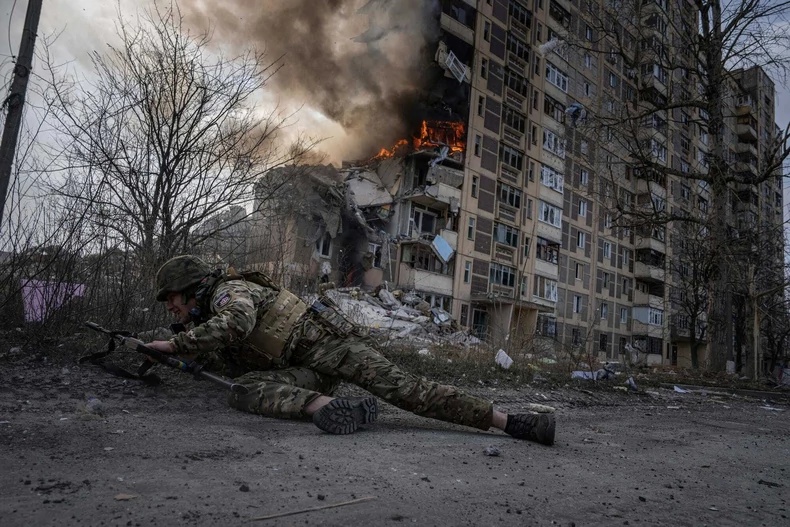
Above all these:
The invasion of Ukraine by Russia in February 2022 stemmed from a combination of historical, geopolitical, and personal factors. Putin’s refusal to recognize Ukraine as an independent nation, coupled with the aspiration to recreate a Slavic Brotherhood, influenced Russia’s decision.
Read also: The Unthinkable Unfolds: Nuclear Arms Revealed as Ukraine Burns
The blame game directed towards the West, the portrayal of Ukrainian “Nazis,” and Putin’s desire for a legacy also played significant roles. The timing of the invasion was influenced by factors such as Ukraine’s internal political dynamics, perceived weaknesses in Western leadership, and Putin’s assessment of global politics.
However, the subsequent developments have shown that many of Putin’s assumptions were flawed. The battle between Russia and Ukraine continues to have severe humanitarian consequences and remains a critical issue in international affairs.
Subscribe to Switch TV


